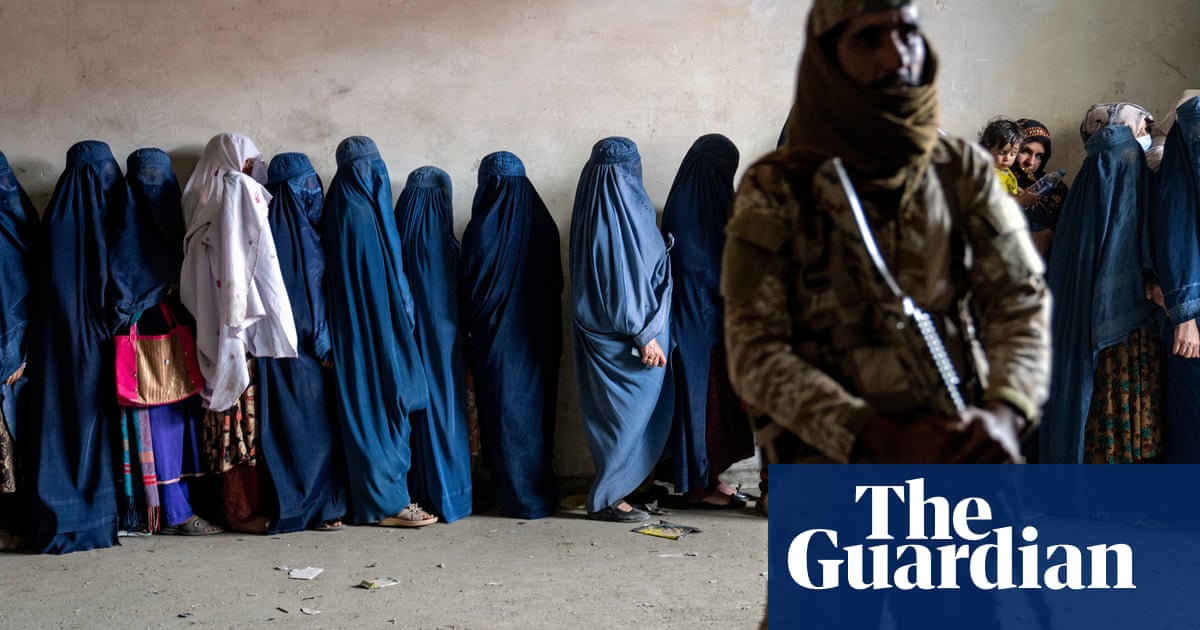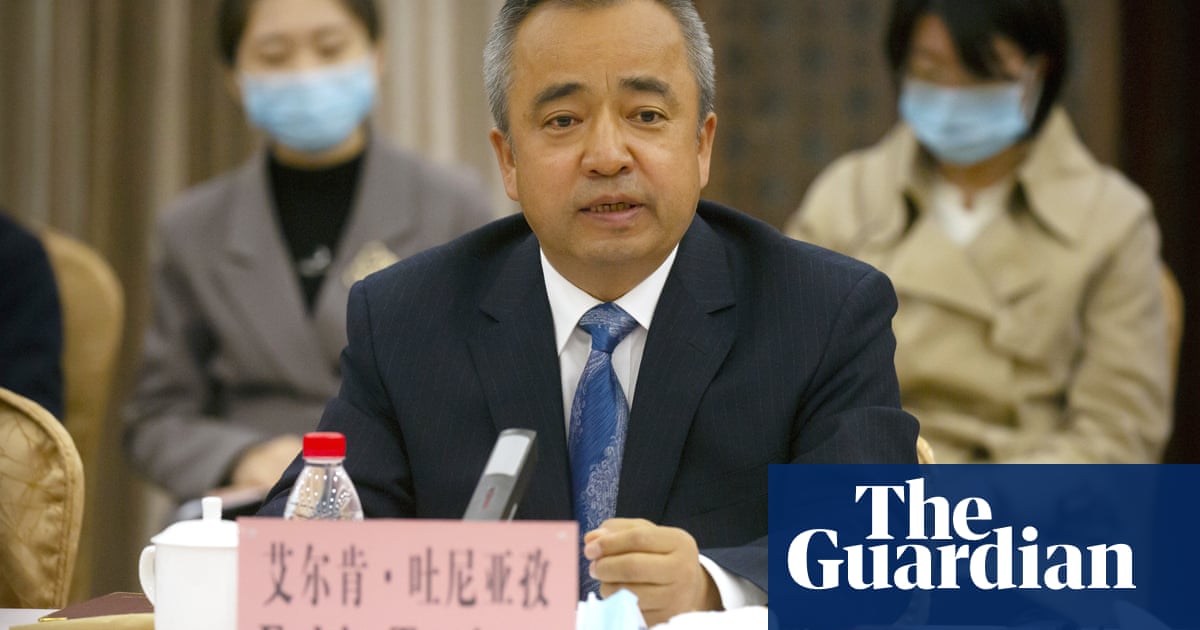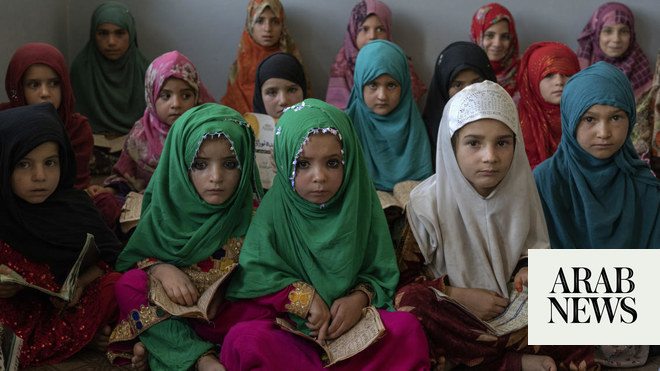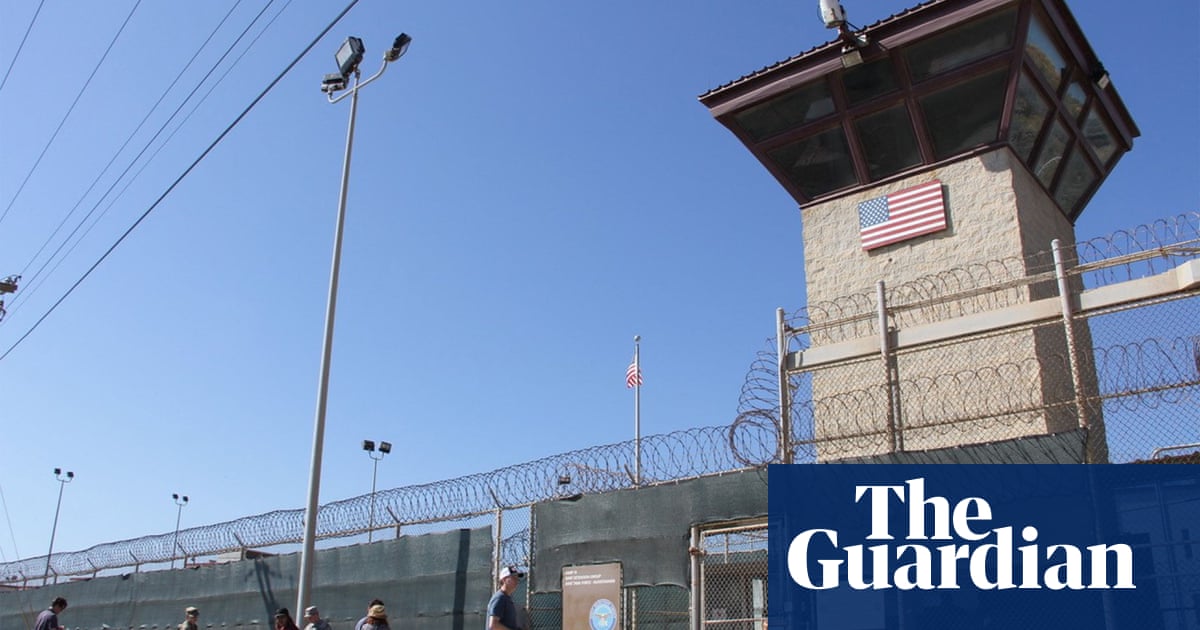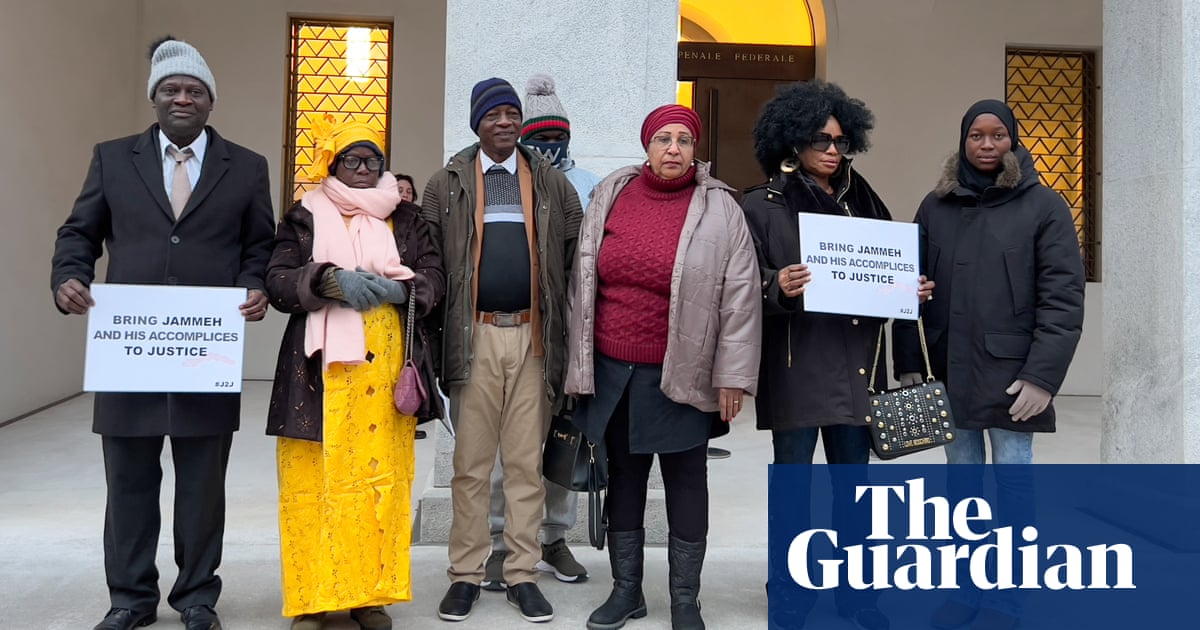
Iranian President Hassan Rouhani urged the judiciary to sue US authorities and the “architects of sanctions for crimes against humanity”, saying that the sanctions aimed to “divide” the Iranians.
The attack on US policies was the focus of two speeches Rouhani gave during his visit to the southern port of Bushehr to inaugurate four new phases of South Pars, the world’s largest gas field.
Rouhani said his government intended to file a legal suit against the United States, explaining it must first be filed with Iranian judiciary, before heading to the International Court of Justice (ICJ).
Last October, ICJ ruled in favor of Iran and ordered the United States to refrain from imposing sanctions on humanitarian goods, including food and medicine.
In another speech, Rouhani said that under ICJ decision, the United States has no right to impose sanctions, accusing the administration of blocking food, medicine and agricultural products from Iranians.
The President tried to blame Washington for his country’s economic crisis, saying Iran had seen a drop in prices and unemployment rates with increased investment at the beginning of his presidency.
US must know it will not achieve its goal, because the “Iranian people will not give in to pressure," asserted Rouhani.
“We will stand strong in these conditions until Americans understand that they have taken the wrong path, and they have to know that they have to respect the great Iranian nation”.
In his first statement since his return from his visit to Iraq, Rouhani asserted the relations with neighboring countries are in the interest of all the people of the region, claiming at the same time that these relations “harm the United States and its ally Israel.”
Rouhani praised the newly-established cooperation between the Iranian Oil Ministry and Khatam Al-Anbiya Group (IRGC-KAA) and the economic arm of Iranian Revolutionary Guard Corps (IRGC), describing it as a severe blow to the country’s enemies.
The President also tried to respond to critics of his governments policies, with several officials calling for a vote of confidence because of the deteriorating economic and living conditions.
“The enemies of Iran, especially the Americans, should know that even if we do not achieve anything within five years, we will be able to increase the production of gasoline from 52 million in 2013 to more than 101 million.”
On Sunday, state TV quoted the CEO of the South Pars gas field company, Mohammad Meshkinfam, as saying the development will allow Iran to overtake Qatar in the production of natural gas.
Rouhani presided over the inauguration of four projects with a total annual investment of $5 billion. Each will produce an additional 56 million cubic meters of natural gas and 75,000 barrels of condensate per day.
Iran currently produces more than 600 million cubic meters of gas and 200,000 barrels of condensate per day.
Commander of IRGC-KAA Saeed Mohammed, disclosed the investment of $12 billion in the South Pars field, according to semi-official Tasnim agency.
Mohammed noted that Iran was able to implement the project at the time of “unfair sanctions.”
The IRGC top official asserted his forces support the government in the comprehensive economic war.
In another news, Foreign Minister Mohammad Jawad Zarif arrived in Qom for a one-day visit during which he will hold talks with a number of senior clerics and take part at an administrative council meeting in the city. This comes days after his meeting with the Iraqi Supreme Shiite cleric Ali al-Sistani.
The Ministry did not reveal the reasons for Zarifs sudden visit to the city, but its timing may be interpreted as a step to reassure the Iranian religious authorities in light of the alleged disagreement over the position regarding Wilayat al-Faqih.
In another context, the EU needs to guarantee oil purchase from Iran if it wants Iran to ratify the bills required by FATF, the Financial Action Task Force, IRNA quoted Secretary of Irans Expediency Discernment Council, Mohsen Rezaei.
Rezaei did not specify the guarantees Iran wanted, but said that the Europeans pledged in the nuclear agreement to buy Irans oil and allow the establishment of bank branches and exchanges with Iran, but so far they have not done so.
The Secretary claimed European officials insist on passing regulations to the Palermo and FATF agreements, but the Expediency Council asserts that it is within the best interest of the regime to receive ensured guarantees from European countries first.




